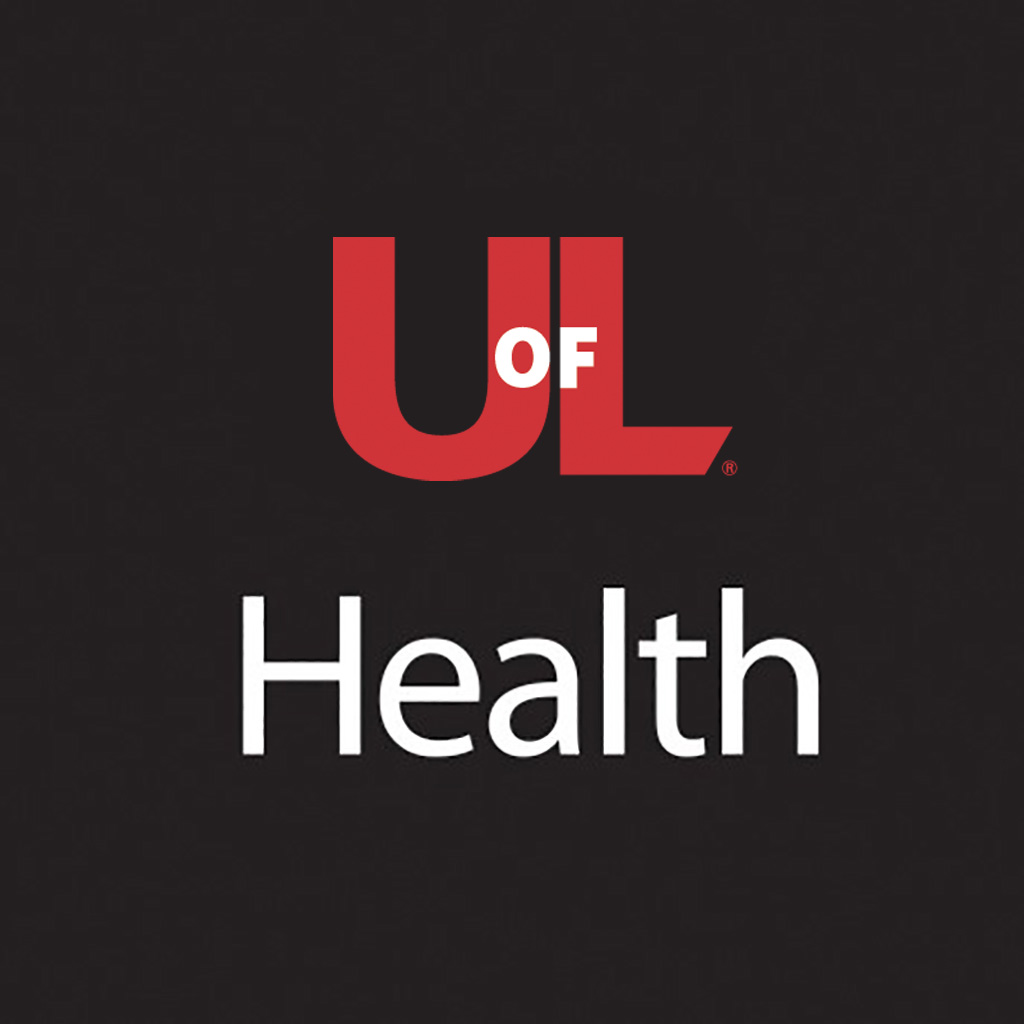Three UofL Health facilities have received the American Heart Association /American Stroke Association’s Get With The Guidelines®-Stroke Gold Plus Quality Achievement Award. The award recognizes the hospitals’ commitment to ensuring stroke patients receive the most appropriate treatment according to nationally recognized, research-based guidelines based on the latest scientific evidence.
The distinctions awarded the facilities are as follows:
- UofL Health - UofL Hospital: Get with the Guidelinesâ Stroke Gold Plus; Stroke Honor Roll Elite
- UofL Health - Mary & Elizabeth Hospital: Get with the Guidelinesâ Stroke Gold Plus; Stroke Honor Roll Elite; Type 2 Diabetes Honor Roll
- UofL Health - Jewish Hospital: Get with the Guidelinesâ Stroke Gold Plus
These facilities earned the award by meeting specific quality achievement measures for the diagnosis and treatment of stroke patients at a set level for a designated period. These measures include evaluation of the proper use of medications and other stroke treatments aligned with the most up-to-date, evidence-based guidelines with the goal of speeding recovery and reducing death and disability for stroke patients. Before discharge, patients should also receive education on managing their health and schedule a follow-up visit, as well as other care transition interventions.
“UofL Health is dedicated to improving the quality of care for our stroke patients.” said Dr. Kerri Remmel, Medical Director of UofL Health - Comprehensive Stroke Program. “The American Heart Association’s Gold Plus Award recognizes the gold standard in stroke care and provides an extra level of assurance that UofL Health has the expertise, technology and resources to save more lives.”
Additionally, UofL Hospital and Mary & Elizabeth Hospital both earned the StrokeSM Honor Roll Elite award. To qualify for this recognition, hospitals must meet quality measures developed to reduce the time between the patient’s arrival at the hospital and treatment with the clot-buster tissue plasminogen activator, or tPA, the only drug approved by the U.S. Food and Drug Administration to treat ischemic stroke.
Mary & Elizabeth Hospital also received the Association’s Type 2 Honor Roll award by meeting quality measures developed with more than 90 percent compliance for 12 consecutive months for the “Overall Diabetes Cardiovascular Initiative Composite Score.”
"We are pleased to recognize UofL Health for its commitment to stroke care,” said Lee H. Schwamm, M.D., national chairperson of the Quality Oversight Committee and Executive Vice Chair of Neurology, Director of Acute Stroke Services, Massachusetts General Hospital, Boston, Massachusetts. “Research has shown that hospitals adhering to clinical measures through the Get With The Guidelines quality improvement initiative can often see fewer readmissions and lower mortality rates.”
According to the American Heart Association/American Stroke Association, stroke is the No. 5 cause of death and a leading cause of adult disability in the United States. On average, someone in the U.S. suffers a stroke every 40 seconds and nearly 795,000 people suffer a new or recurrent stroke each year. However, the best chance of a positive outcome is early intervention.
With strokes, seconds can mean the difference between life and death, between a full recovery or not. So if you’re experiencing signs of stroke, the most important thing you can do is call 911, or get to the ER closest to you,” said Remmel. “From there, your health care team can determine the best course of future action. In the case of a stroke, seconds matter, so don’t delay.”
Common signs of stroke are as follows:
- Sudden numbness or weakness in the face, arm or leg, especially on one side of the body
- Sudden confusion, trouble speaking or difficulty understanding speech
- Sudden trouble walking, dizziness, loss of balance or lack of coordination
- Sudden severe headache with no known cause
- Trouble seeing in one or both eyes
- Sudden throbbing or cramping pain, extreme swelling or warmth in a leg or arm
- Sudden breathlessness, sharp chest pain
If you or a loved one are experiencing signs of stroke, call 911 immediately, or proceed to the closest emergency room.
Visit these pages for more information on our stroke care:









